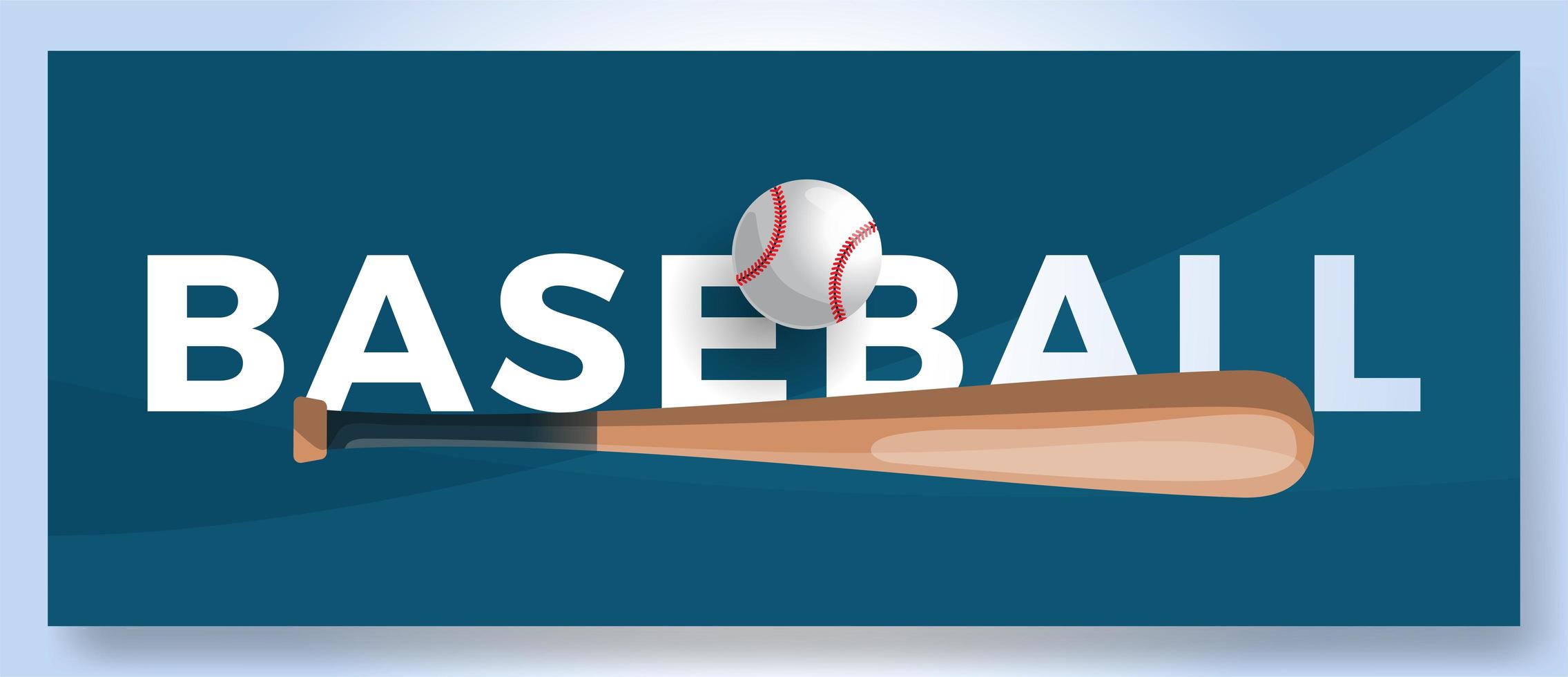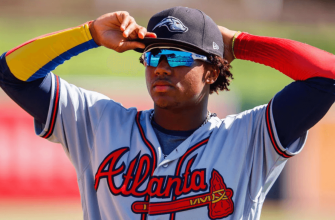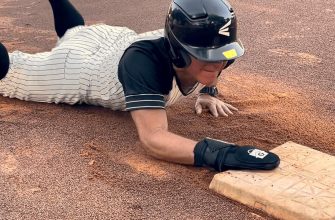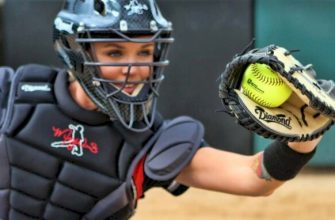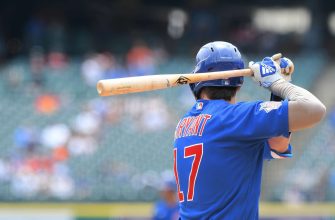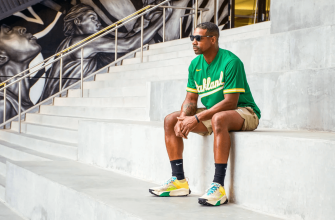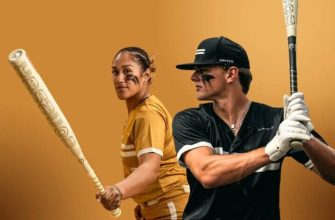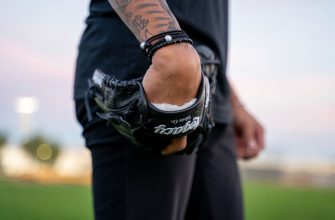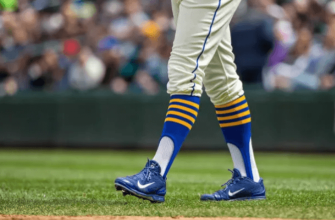Baseball has long been considered America’s pastime for kids, professionals, and spectators alike. While baseball may seem less rough than other sports like football or hockey, players still face risks of injury. Out of all sports, baseball has the fifth highest rate of oral injuries like chipped or lost teeth. Given the potential for dental damage from high-speed balls and bats, should baseball players wear mouthguards for protection? This article will examine the safety benefits, rules around mouthguard usage, player preferences, and more to address the question: do baseball players wear mouthguards?
Safety Benefits
Mouthguards provide important protection and injury prevention for athletes in contact sports. Studies show mouthguards significantly reduce the risk of dental injuries during sports. According to research by Dhillon published in the National Center for Biotechnology Information, “It is clear that mouth guards offer protection against dental injuries sustained during sporting activities”.
Mouthguards may also help prevent concussions. Experts from Nationwide Children’s Hospital explain that mouthguards “act as a shock absorber, cushioning against fracture of the temporomandibular joint, cerebral hemorrhage and concussion”. By absorbing impact, mouthguards reduce shock to the brain and risk of concussion.
Overall, mouthguards protect athletes’ teeth, jaws and brains during contact sports. The American Dental Association states “Mouthguard use has been shown to reduce the risk of sport-related dental injuries” and recommends their use for competitive and recreational sports with potential for impact. With significant safety benefits, mouthguards are an essential piece of protective gear for many athletes.
Types of Mouthguards
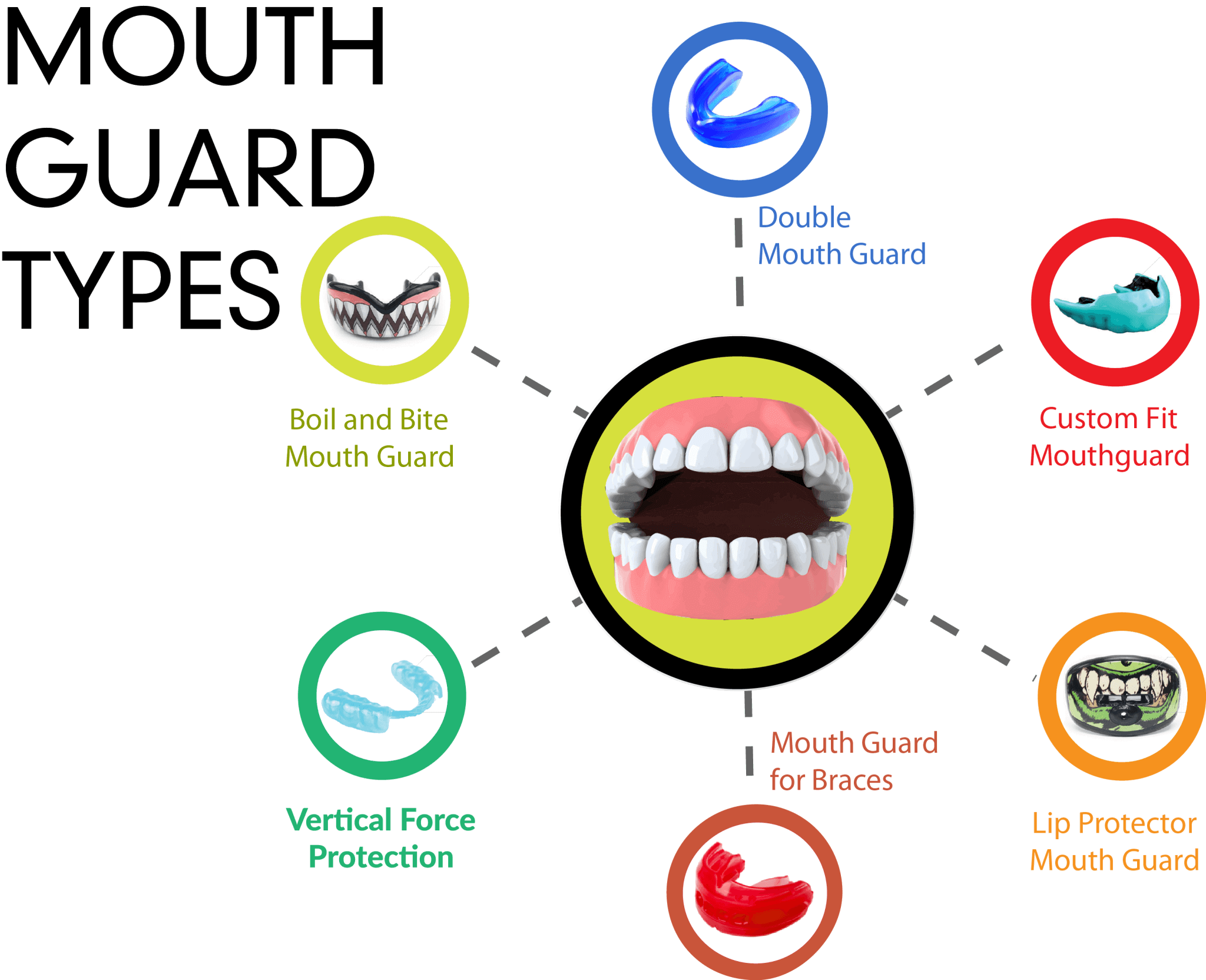
There are three main types of mouthguards worn by baseball players:
Custom-fitted
Custom-fitted mouthguards are molded specifically for each player’s mouth by a dentist or orthodontist. They offer the most protection and comfort since they fit the contours of the teeth and mouth perfectly. Custom mouthguards are more expensive but are the top choice for many pro players.
Boil and bite
Boil and bite mouthguards are semi-customizable DIY mouthguards. You soften them in hot water, then bite down to mold the shape. They provide decent protection at an affordable price. Boil and bite guards work well for players who don’t want to spend more on a custom fit.
Stock
Stock mouthguards are pre-formed, one-size-fits-all mouthguards. They are the most affordable option but tend to be bulky and the least comfortable. Stock guards provide basic protection, so they may be a good starter choice for youth leagues before upgrading to a better-fitting custom or boil-and-bite mouthguard.
Rules and Regulations
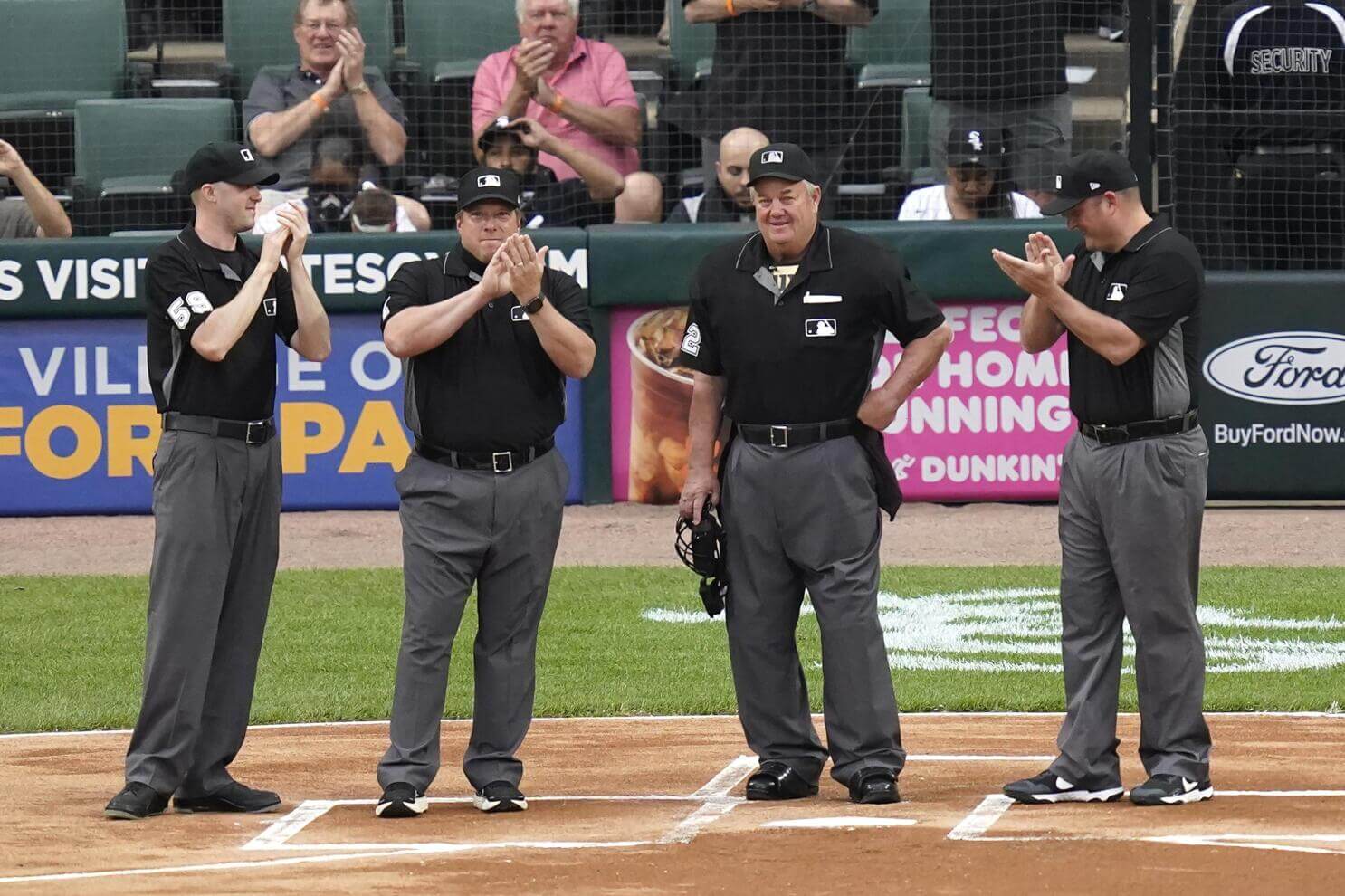
Mouthguards are not actually required at any level of amateur or professional baseball, though they are highly recommended for safety reasons. This differs from sports like football, ice hockey, and lacrosse where mouthguards are mandatory in most cases.
In Little League, mouthguards are optional for all players, though coaches and parents may choose to require them. Little League follows the overall equipment guidelines outlined in the Official Baseball Rules published by Major League Baseball.
For high school baseball, the National Federation of State High School Associations (NFHS) leaves mouthguard rules up to each individual state association. Most states simply recommend mouthguards without requiring them. The NCAA also recommends but does not mandate mouthguard use.
In professional baseball, MLB has no official policy requiring or recommending mouthguards. Their use is left up to individual player preference. Some players opt for added protection, but mouthguards have never been widespread in pro baseball.
Player Preferences
Some baseball players choose not to wear mouthguards during games due to comfort and performance factors. Mouthguards can feel bulky and unfamiliar in the mouth, which may hamper a player’s ability to talk and call out signals on the field. Ill-fitting or low-quality mouthguards tend to fall out of place, disrupting speech. Players also cite the ability to breathe freely and naturally as a reason to avoid mouthguards.
Additionally, some star players receive lucrative endorsements deals for sporting certain equipment brands. If the brand doesn’t produce mouthguards, players may opt to showcase the sponsor’s gear instead. Mouthguards don’t tend to have the same branding appeal as bats, gloves, shoes, and other visible equipment. Ultimately, wearing mouthguards comes down to personal preference for baseball players, as they aren’t required for safety like in contact sports such as football and hockey.
Cost Considerations
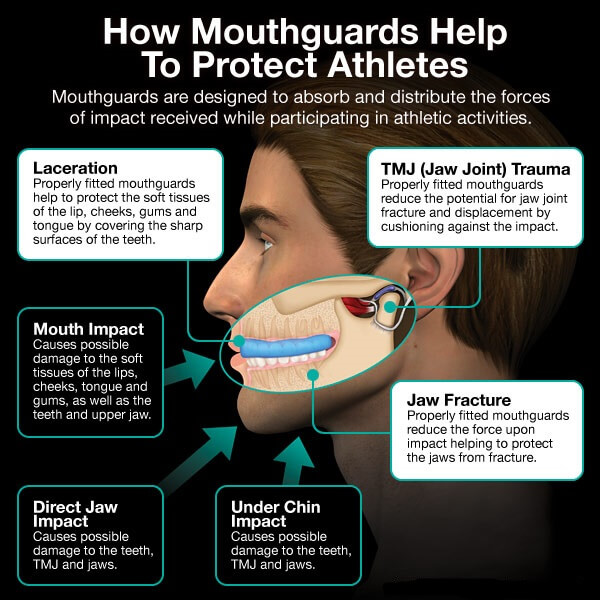
Custom-fit mouthguards made by a dentist can cost over $100, while stock mouthguards bought off the shelf typically range from $10-$40 (source). Stock mouthguards come in limited sizes and may not offer a precise fit, while custom guards are molded specifically for the player’s teeth.
Replacement needs also impact costs. The soft material of mouthguards wears down over time, requiring replacement every season or even more frequently with frequent use. Cheaper stock guards often need replacing sooner. With proper care, custom mouthguards can last a few seasons before needing replacement, spreading out their higher initial cost.
Factors like insurance coverage and team vs individual purchase can also affect affordability. Overall, players must balance upfront cost vs longevity, quality of protection, and comfort when choosing a mouthguard. Proper fit and durability are essential for safety.
Performance Impacts
While some might assume that wearing a mouthguard could negatively impact an athlete’s performance due to potential breathing restriction or communication difficulties, studies have found that this is largely unfounded for baseball players.
One study compared custom-made mouthguards versus no mouthguard in athletes across multiple sports including baseball and found no significant difference in performance between the two groups. The research showed that custom mouthguards did not interfere with or improve measurable metrics like aerobic capacity, strength, power and agility when compared to not using a mouthguard.
This indicates that properly fitted mouthguards are unlikely to cause breathing impairment or other performance hindrances for baseball players. Communication is also not likely affected, as custom mouthguards only cover the upper teeth and allow players to speak normally. While some bulky mouthguard styles could potentially make talking more difficult, well-fitted options should not obstruct verbal communication on the field.
Overall, as long as players choose an appropriate mouthguard style and proper sizing, wearing mouthguards during games and practices does not appear to hamper performance for baseball athletes. The protective benefits clearly outweigh any minor downsides.
Popular Brands
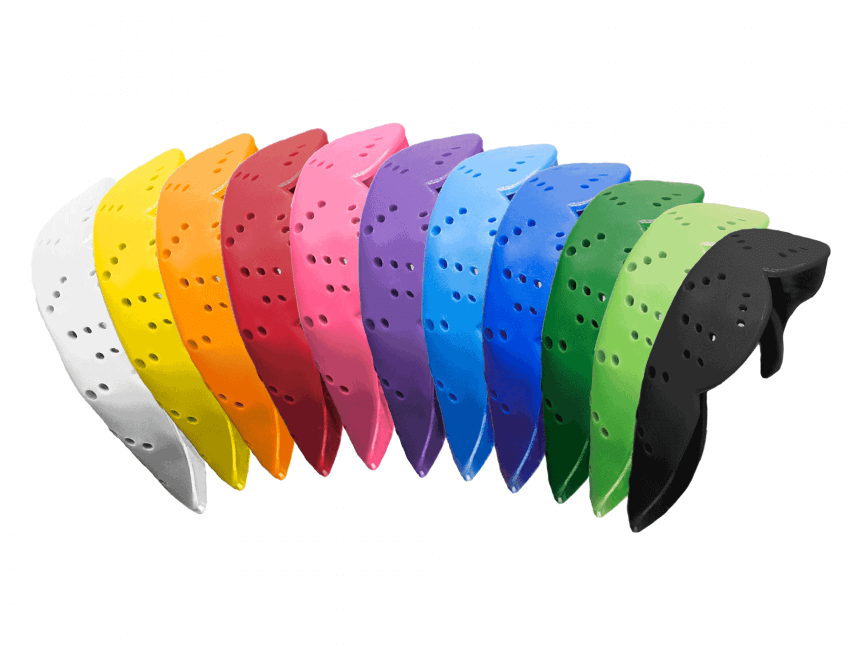
There are several major manufacturers of mouthguards for baseball players.
Some of the top brands include:
-
Shock Doctor – Shock Doctor makes a variety of mouthguard styles for youth and adult players. Their Gel Max mouthguards feature a dual-layer design with a soft gel liner for comfort and protection. Popular models like the Youth Gel Max Convertible are top-rated by players.
-
GuardLab – GuardLab specializes in high-performance mouthguards. Their ARC mouthguard for baseball has a special design to help improve airflow and circulation. It’s tailored for pitchers and batters.
-
Nike – Nike offers the Gladiator mouthguard in youth and adult sizes. It has a rubber bite plate and vented design. The Tri-Fit fitting process ensures a custom, comfortable fit.
-
Under Armour – Under Armour’s MouthWear mouthguards use HeatGear technology to provide a cool feel. Their ArmourFit material molds to teeth for a snug fit.
Many players opt for custom-fit mouthguards for maximum protection and comfort. But major brands like these offer quality mouthguard options in ready-made or boil-and-bite styles that mold to your teeth when heated.
Proper Care
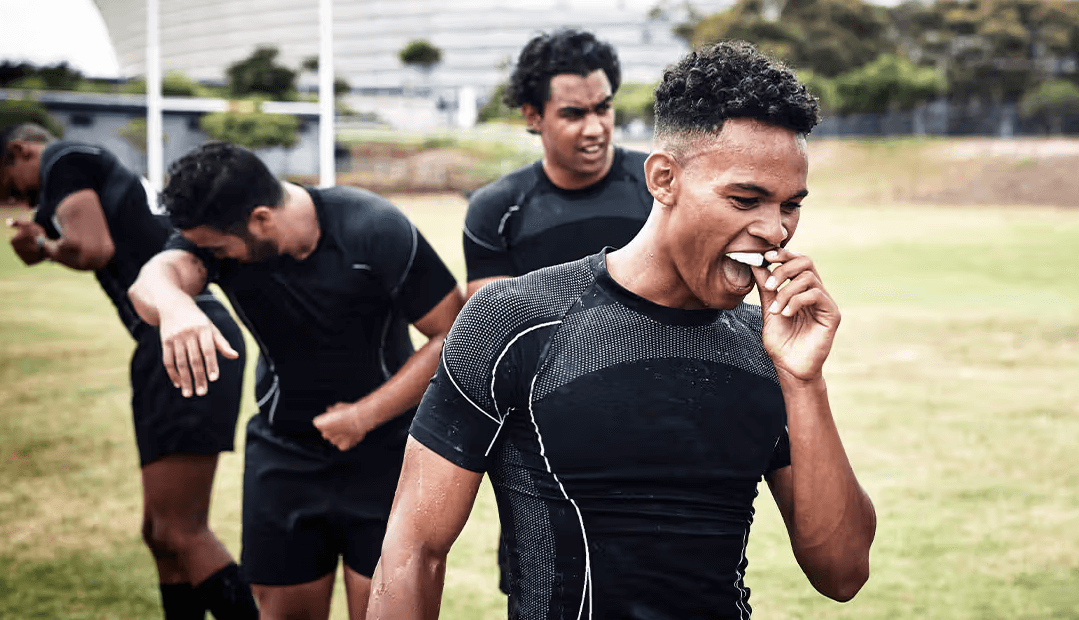
Taking proper care of your mouthguard is important for maintaining its effectiveness and longevity. There are a few key things to keep in mind for cleaning and replacing your mouthguard:
Cleaning
After each use, you’ll want to gently brush your mouthguard with a soft toothbrush and cool water to remove any debris. You can also use a small amount of toothpaste. Avoid using hot water as it can warp the fit of the guard.
For a deeper clean, you’ll want to periodically soak your guard in denture cleaner or a hydrogen peroxide solution. Let it soak for about 10 minutes before rinsing thoroughly with cool water. This helps remove bacteria and odors.
Replacement
With proper care, a mouthguard can last 1-2 seasons of play. You’ll want to replace it sooner if you notice any cracks, tears, or changes to the fit and comfort. A loose or ill-fitting guard loses effectiveness. Get a new custom-fit guard annually for optimal protection.
Conclusion
In summary, while mouthguards are not mandated at the professional level, they do offer safety and performance benefits for baseball players. The main types of mouthguards used in baseball are stock, boil-and-bite, and custom-made. Most league regulations allow their use, though somePitchers avoid them for comfort and visibility. Ultimately, the decision comes down to player preference, weighing factors like cost, fit, breathability and protection.
Though not required, mouthguards can reduce dental injuries and concussions. They may also enhance performance by relaxing the jaw muscles. As more research emerges on their benefits, mouthguards may become more widely adopted at higher levels of play. Proper maintenance is key to ensure hygiene and preserve fit over time. With personalized fit and care, mouthguards can be a worthwhile investment in safety and performance for baseball players of all ages.
